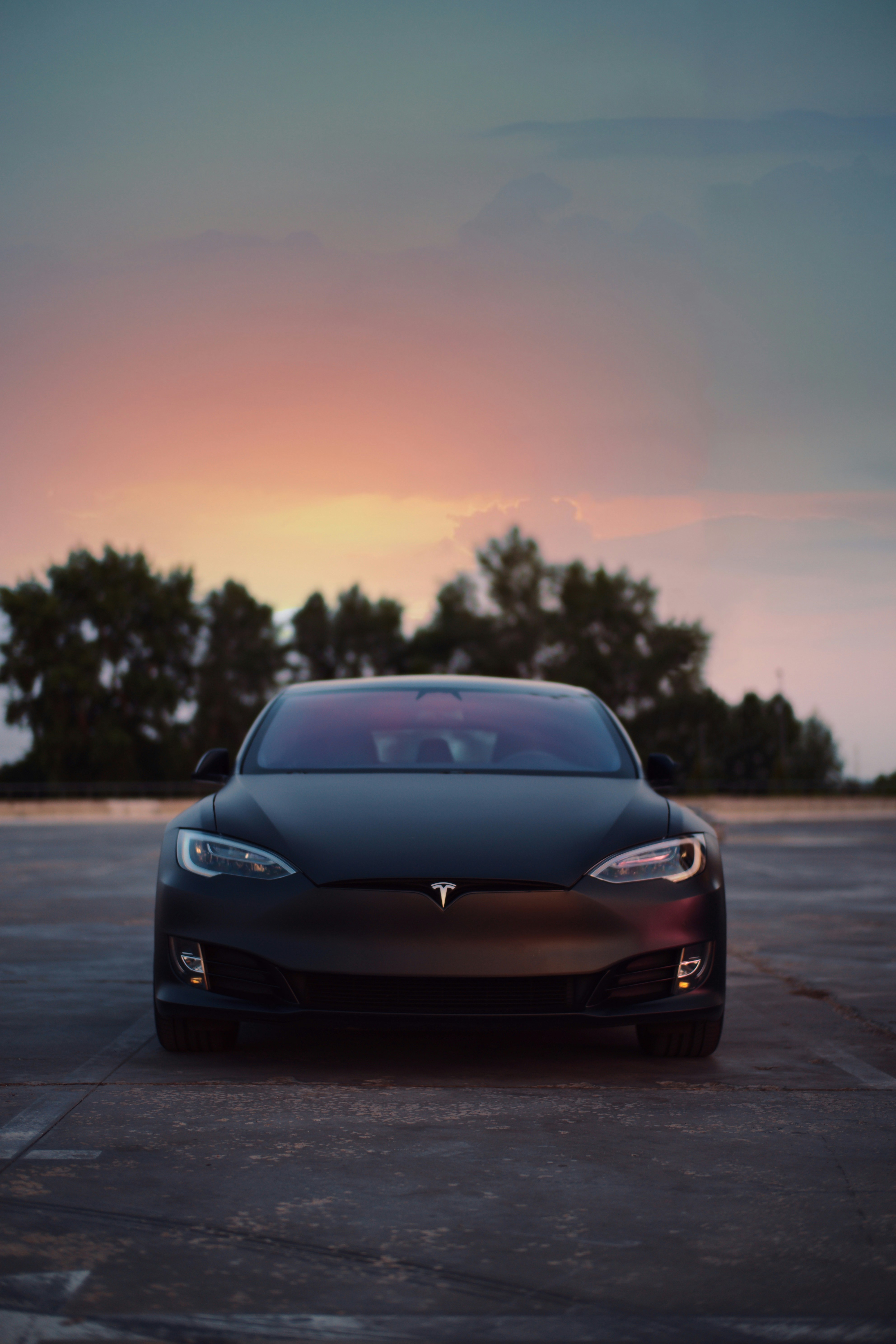Tesla's Integrated Approach
Tesla's potential tiny house would feature Solar Roof tiles integrated directly into the structure, creating a seamless aesthetic while generating power. The Powerwall battery system would be built into the design from day one, with sophisticated energy management software optimizing consumption and storage.
Tesla Energy Advantages:
- Solar Roof tiles blend seamlessly with architecture
- Powerwall integration optimized for the specific house design
- Advanced energy management with weather prediction
- Over-the-air updates improve efficiency over time
- Integration with Tesla vehicles for additional storage
- Professional installation ensures optimal performance
Boxabl's Add-On Approach
Boxabl houses can accommodate solar panels and battery systems, but these are separate purchases requiring additional planning, installation, and integration work. While this keeps the base price low, it creates complexity for buyers wanting off-grid capability.
Boxabl Energy Considerations:
- Solar panels must be purchased and installed separately
- Battery systems require additional electrical work
- Multiple vendors and warranties to manage
- Potential aesthetic compromises with rooftop panels
- Buyer responsible for system sizing and compatibility
- Total off-grid cost can reach $30K-50K additional
Real-World Energy Performance
Tesla's integrated approach would likely deliver superior energy performance through optimized component matching and intelligent software management. Boxabl's modular approach offers more flexibility but requires more expertise from the buyer to achieve optimal results.
